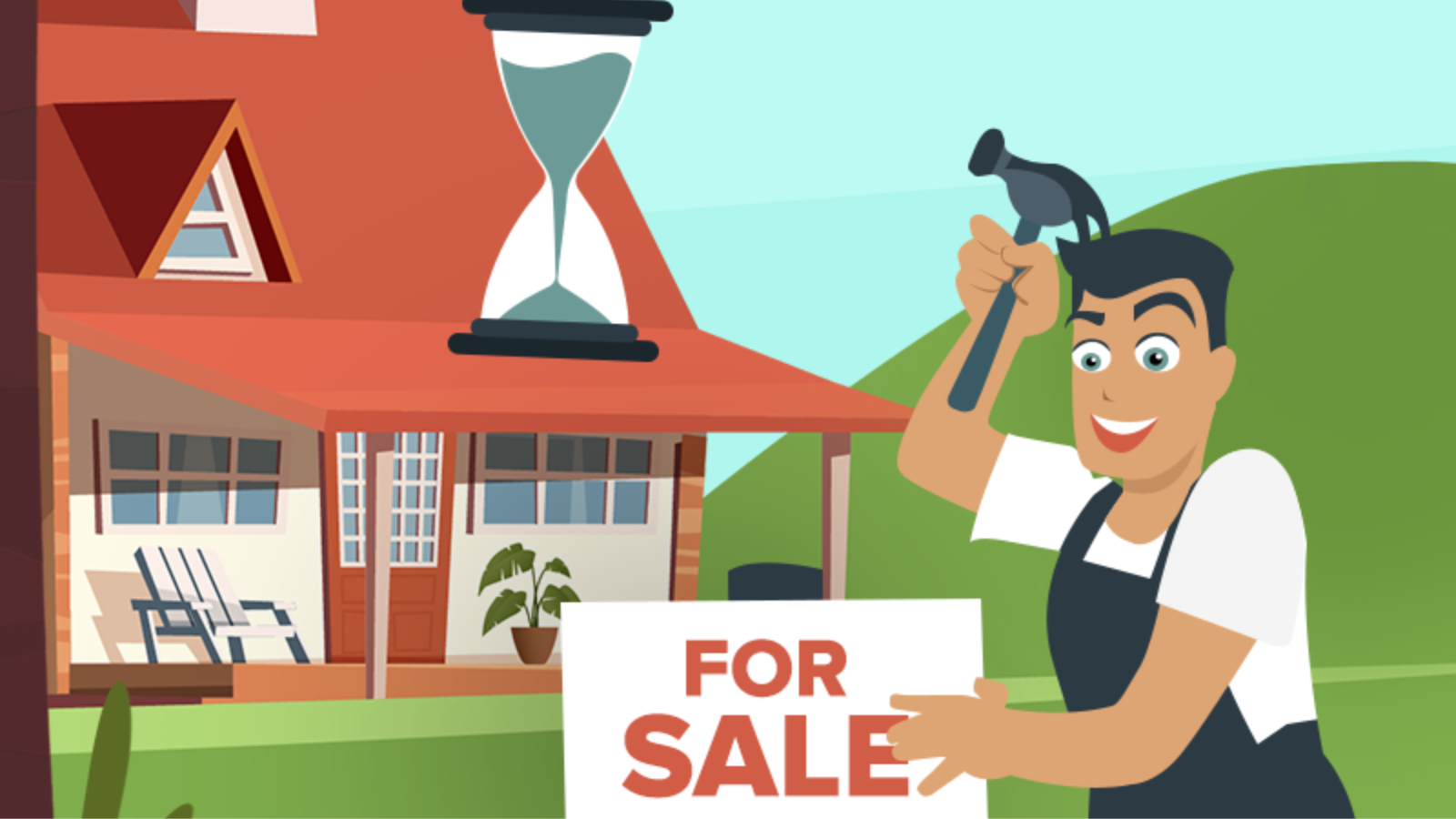Are you considering selling your home in the Bay Area? Whether you just received the keys to your new house or have been living in your current home for several years, it’s important to understand the factors that can impact the timing of your sale. Experts often recommend following the “five-year rule” and staying in the same home for at least five years before selling. However, that may be an appropriate length of time for best results in the Bay Area. In this article, we will delve into five crucial factors that should influence your decision on how long to live in your Bay Area home before you sell.
1. Financial Considerations
One of the most critical factors to weigh before selling your home is the financial aspect. To maximize your profit, your sale price should exceed what remains of your mortgage. However, during the initial years of your mortgage, a significant portion of your payment goes towards interest rather than paying down the principal. This means that if you sell your Bay Area home before the five-year mark, it could be challenging to make a substantial profit. An exception to this would be if you made a larger down payment when purchasing your home, resulting in a smaller mortgage amount and interest rate, making it possible to make money in a shorter timeframe.
Furthermore, your home equity plays a vital role in determining the profitability of your sale. Equity represents the portion of your property that you truly “own” and is your most valuable asset as a homeowner. It is the difference between your home’s market value and the amount you owe on your mortgage. Selling too soon may not allow you to build enough equity, so that when you sell, you don’t have enough money for a down payment on your next home, or to achieve whatever other financial goals you have from the sale of your home.
The longer you hold onto your home, the more your equity will grow (assuming you don’t do cash-out refinances or take out a HELOC). When calculating your equity, be conservative on the likely sale price of your home, and be mindful of the closing costs you’ll pay which will eat into your equity.
2. Tax Implications
The duration of your homeownership can also impact the taxes you’ll have to pay when selling your home. To avoid hefty capital gains taxes on the profits from your sale, it is generally advisable to have your Bay Area home designated as your primary residence for at least two of the five years preceding the sale. This exemption can save you up to $250,000 if you’re an individual or up to $500,000 if you’re a married couple. Therefore, if you plan to sell your home before the two-year mark, you may be subject to these taxes, significantly reducing your overall profit.
Likewise, if you move out of your home, and sell it later than five years after you move out, you will discover that you will no longer qualify for the $250K/$500K capital gains tax exclusion – which will cost you dearly.
On the other hand, you may want to sell just as soon as you reach the threshold of a $250K/$500K gain – because beyond that point, you’ll be paying tax on the gain over the excluded amount. If you sell at this point. you won’t have capital gains tax to pay, and you can move all your equity tax-free into a replacement property. As always, you need to check with your tax professional as I am not qualified to give tax advice.
3. Market Conditions
The condition of your local real estate market is a crucial factor to consider when deciding when to sell your home. If the current market favors buyers and you’re eager to maximize your profit, it may not be the ideal time to sell. In such circumstances, you may not achieve the higher sales price you desire. However, waiting for a stronger seller’s market, characterized by high demand among buyers and increased home prices, can be more advantageous. It’s worth noting that it may take time for the market to shift in your favor, so careful consideration of market conditions is essential to determine the optimal timing for your sale.
It’s also important to note that really, it is impossible to time the market. The true market peak (or trough) can only be seen in hindsight. It could be that while you’re waiting for the market to climb higher, it actually ends up sliding down, and staying down, far longer than you’re planning for.
4. Associated Costs
Before selling your home, it’s important to factor in the costs associated with the sale itself, as well as the purchase of a new home. Seller closing costs can vary depending on your location and typically include taxes, lender fees, commissions, and title and settlement company fees. These expenses can significantly impact your target profit, especially if you’re selling and buying within a short timeframe. Additionally, you should consider the costs of moving and potential renovations or repairs needed to prepare your Bay Area home for sale. Being aware of these expenses allows you to assess your financial situation and make informed decisions to maximize your return on investment.
5. Personal Circumstances
While financial and market factors play a significant role in determining the optimal timeframe for selling your home, it’s essential to consider your personal circumstances as well. Life events such as job changes, growing families, or retirement plans may necessitate a move, regardless of the ideal selling timeline. Carefully evaluate how these factors align with your long-term goals and make a decision that aligns with your overall plans and objectives.
Most people decide when to sell based solely on these personal circumstances. When you need to sell, you won’t be too concerned with your equity, your capital gains tax, if it’s a seller’s market or not. People sell in good markets and bad, in winter and spring – at the end of the day, most people sell when they need to. The good news is, using the right strategy to sell the home, you can get an excellent sale price for your home regardless of whichever way the market winds are blowing.
Conclusion
Deciding how long to live in your Bay Area home before selling requires a thoughtful assessment of various factors. By considering financial implications, tax considerations, market conditions, associated costs, and personal circumstances, you can make an informed decision that maximizes your profit and aligns with your goals. Remember, it’s always wise to consult with professionals, such as real estate agents and financial advisors, to ensure you have a comprehensive understanding of your options and make the best decision for your unique situation.
Prime Single Family Homes for Sale in Silicon Valley
2
3
4
5
6
7
8
9
10
11
12
13
14
15
16
17
18
19
20
21
22
23
24
25




